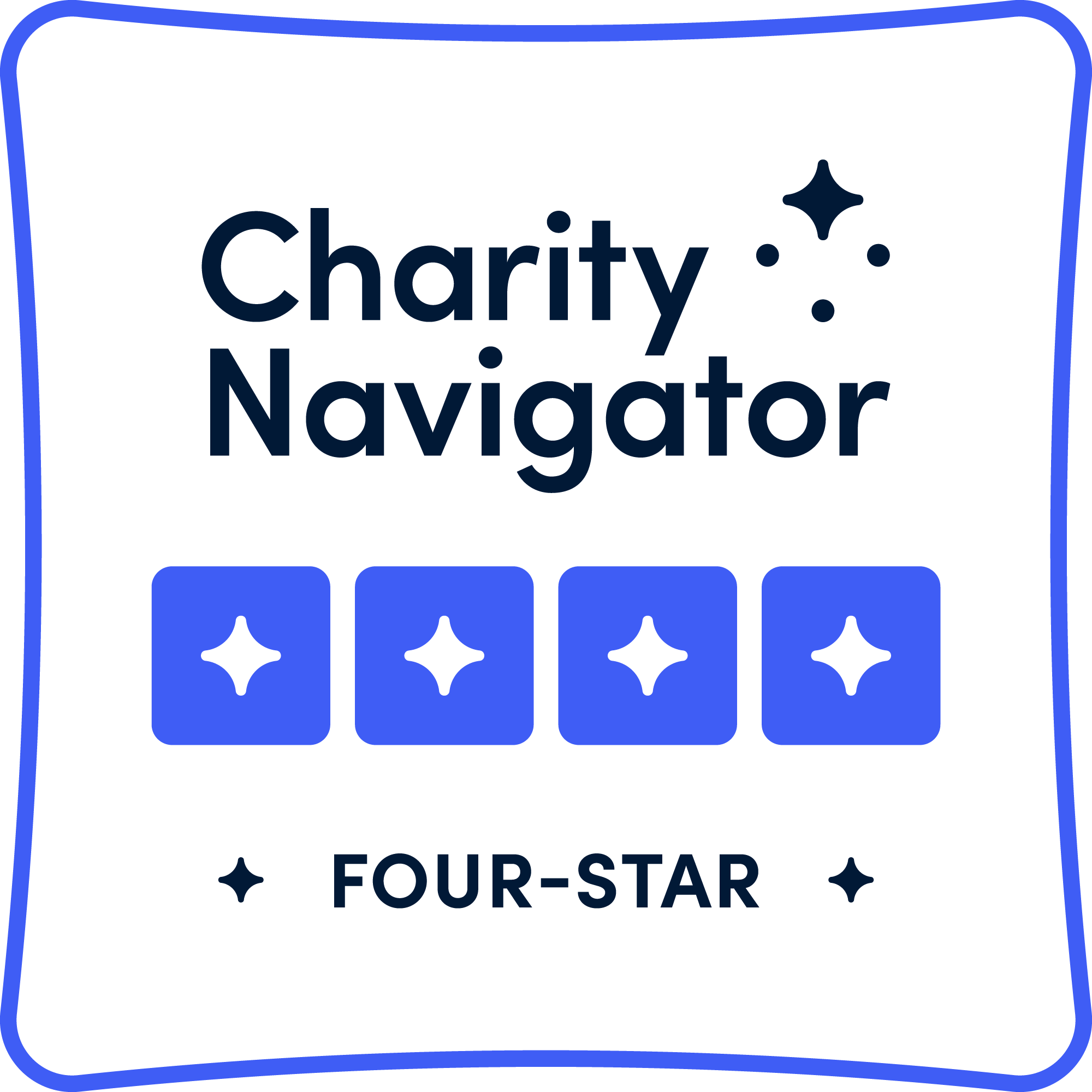
ASPIRE
Amyloidosis Stakeholder Partnerships for
Impact, Reach and Equity
Our mission is to collectively power inclusive and accessible solutions in partnership with the systemic amyloidosis community to improve quality of life and health outcomes.
Established in 2021, the ASPIRE: Amyloidosis Industry Collaborative convenes leading companies in a pre-competitive space to address some of the most urgent issues faced by the amyloidosis community. Through partnership we are driven to shift the discourse and demonstrate what can be done when leaders work together on behalf of rare disease patients.
ASPIRE aims to accelerate progress in the areas of diagnosis, care, and addressing health disparities through collaborative project design and shared resources, arriving at solutions that address common challenges and unmet need.
Our Objectives
Improve rate, time to and accuracy of diagnosis
Expand access to high quality care for all amyloidosis patients
Evaluate health disparities and address unmet needs
As is often the case for rare diseases, there are a limited number of disease specialists and few academic medical centers with expertise in researching, diagnosing, and treating amyloidosis. By creating systems of coordinated care to expand knowledge-sharing and extend networks of support, we aim to elevate the care received by patients, reduce barriers to seeking healthcare, and strengthen additional aspects of health and social well-being.
Regional, ethnic, racial, and socioeconomic disparities in amyloidosis diagnosis, treatment, and outcomes have been validated as drivers of unmet need. By aligning the amyloidosis stakeholder ecosystem around disease and demographic characterization of amyloidosis conditions, our work aims to better understand the human consequences of differential treatment and identify opportunities to apply practical, effective, systematic solutions that move the amyloidosis community toward health equity.
Improving the identification of patients at risk of amyloidosis who should receive further evaluation for diagnosis and care may lead to better patient outcomes and improved quality of life. We aim to achieve a community-driven AI-based solution, developed with input from cross-sector experts and individuals with lived experience, to improve diagnostic pathways for amyloidosis.
Executive Steering Committee representatives are nominated and elected to serve in volunteer governance positions.
Chair: Isabelle Lousada, ARC
Co-Chair: Nisith Kumar, Pfizer
Health Equity Working Group: Jocelyn Ashford, AstraZeneca; Karen Ross, Prothena
Care Center Networks Working Group: Alexandra Haddad Angulo, Pfizer; Colleen Moffitt, Alnylam
AI Working Group: Spencer Guthrie, Attralus; Lori Baylor, Pfizer
ASPIRE: Industry Collaborative, Member Companies
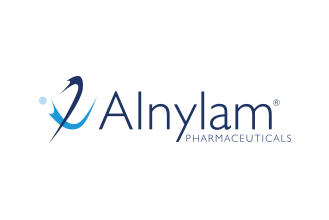

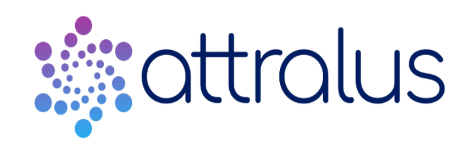
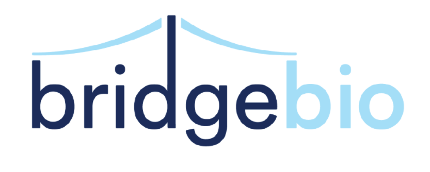
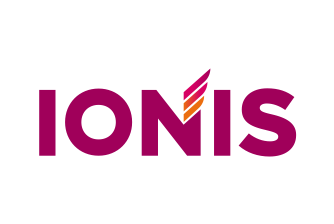
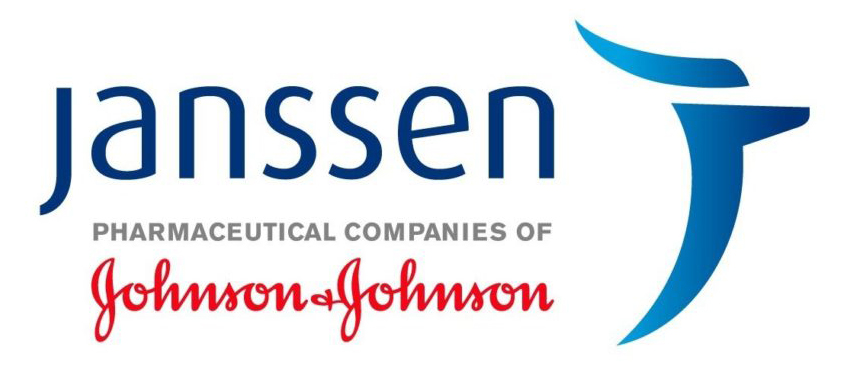
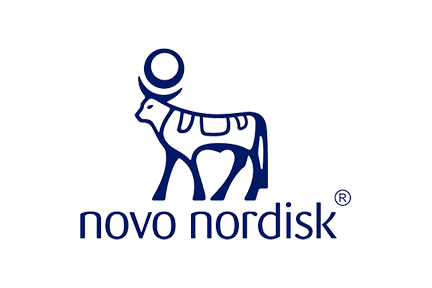


To learn more please contact Megan Glynn, Senior Program Manager for ASPIRE, at mglynn@arci.org



